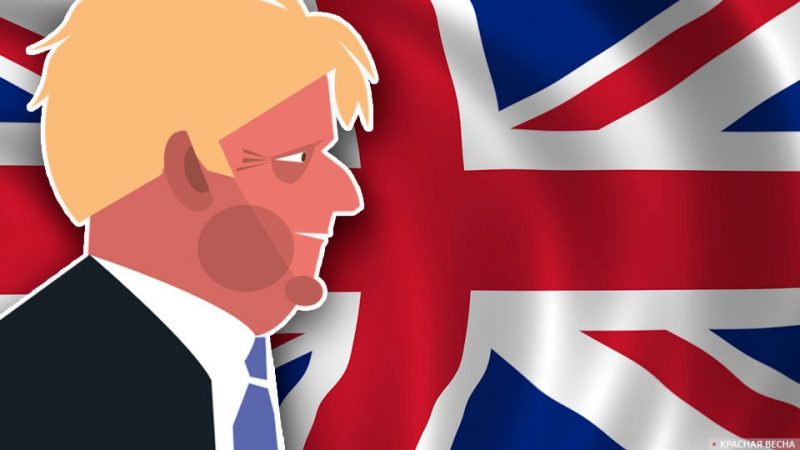04.10.2023, Amsterdam.
The members of the Security Council, which includes mayors of 25 cities in the Netherlands, called to cut financial support for Ukrainian refugees, NOS TV and radio channel informed on October 3.
The country is divided into 25 security regions. Disasters and crises are dealt with under the leadership of the mayor of the largest municipality in the region.
“We are reaching the limit, and there is no end to the hostilities in sight,” said Wouter Kolff, council president and mayor of Dordrecht. He said Ukrainians prefer the Netherlands to other EU countries because the Dutch financial support scheme is better.
On Sunday night, the Ukrainian Center in Utrecht – one of two central locations where Ukrainian refugees are first sent upon arrival in the Netherlands – housed 186 people, while it has room for only 100.
People typically spend one night at the center before moving on to a municipal shelter, but “accommodation is becoming increasingly difficult as 99% of the places in the Netherlands are now occupied,” Utrecht Mayor Sharon Dijksma said in a letter to the council.
There are currently 98,920 Ukrainian refugees registered in the country. There are 82,890 beds in reception centers, of which 81,983 are in use. The Justice Ministry has asked the 25 security regions to increase the number of shelters to 90,000 in the coming weeks and then to 97,000, but the increase is very slow, a spokesman told NOS.
Security Council Chairman Kolff wants to lower the living wage for Ukrainian refugees, NOS continued. Ukrainians who work in the Netherlands may have their living allowance reduced, but they do not lose their right to free housing.
They are also covered by a broader support program than other asylum seekers, and until October 1 they also received a higher living allowance. A Ukrainian living with a host family rather than in a municipal shelter is also entitled to an additional allowance of €80.
“It is becoming more and more difficult to create shelters, but it also puts pressure on, for example, health and education in municipalities,” Kolff said. “We are now out of crisis mode and bringing the residence allowance system in line with other member states will help relieve some of the pressure,” he said.
Source: Rossa Primavera News Agency




